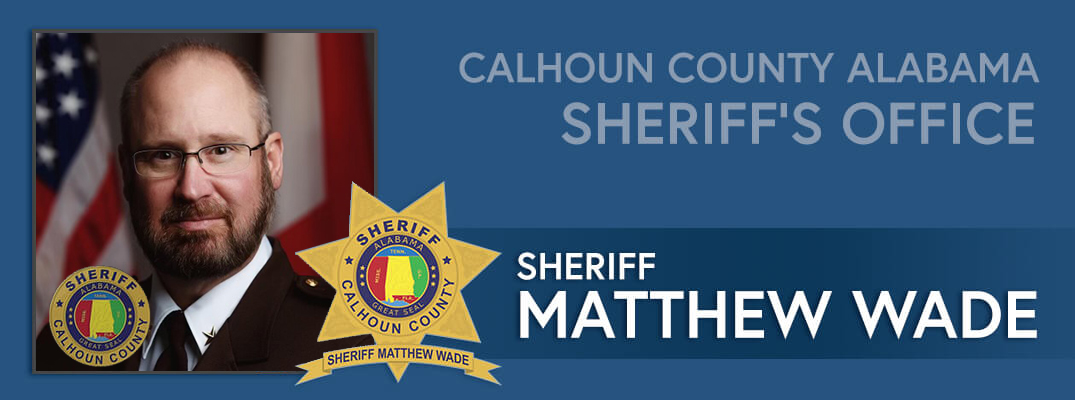King George Triad suggests ways seniors can look out for scams this holiday season
HOLIDAY FACES DETECTIVE HELPS KEEP HOLIDAY GRINCHES AWAY
‘Pretend it’s a baby chick in winter, you gotta keep that thing warm under your arm,’ Sgt. Karen Richards says of purses. And men, keep wallets in zippered pockets.
By Cathy Dyson
While some people are basting turkeys or baking cookies, others are cooking up ways to cheat folks out of their money.
“The scam artists want you to be their Santa Claus,” said Sgt. Karen Richards, a detective with the King George Sheriff’s Office. “We’re going to help you so you don’t turn into someone else’s Santa and provide all their gifts for them.”
Richards recently led a session about holiday scams for the King George Triad, a group that alerts seniors and their caregivers about schemes aimed at them.
During a one-hour session, Richards pointed out that scammers take advantage of the nostalgic feelings people have during this time of year. High on the list are charities devoted to children, veterans or those suffering with cancer. Many are reputable, but some are total frauds with names similar to real nonprofit groups.
Salespeople put on the pressure and seek an immediate donation because they don’t want people to take the time to research them, Richards said. Then, they pull at the heartstrings as they paint the saddest pictures of those in need.
“They make these pitches very hard to turn down, either through aggression or by tugging at your heartstrings to the point you feel, ‘If I don’t give to this, I’m just the biggest heel in the world,’ ” she said.
Her advice? Decide how much to give—and to what agencies—before the phone starts to ring.
“Think of what’s near and dear to your heart,” Richards said, so you’re not pressured into spur-of-the-moment giving. Then, she said, research—at guidestar.org or charitynavigator.org—to verify authenticity of the group as well as how much it devotes to the actual charity versus administrative or fund-raising costs.
She also warned against giving cash or wiring money to any group claiming to help with disaster or emergency funds. She suggested that people use checks or credit cards so their donations can be tracked.
When people go shopping, Richards advises taking only the credit cards they plan to use that day. Or, if they carry cash, to not keep it all in the same pocket.
She told men to lighten their wallets and put them in zipped pockets—not in the back pants pocket where they stick out as easy targets. And she cautioned women to keep their purses close, not in shopping cart baskets where someone can snatch them.
“Pretend it’s a baby chick in winter, you gotta keep that thing warm under your arm,” Richards said.
The detective also urged seniors to be mindful that others may be watching. Don’t display “a big wad of cash” or let a credit card linger in the open, where someone could easily take a photo of its numbers.
And, she reminded people that important documents are best kept at home.
“We still see this on cases. Please, don’t keep your Social Security card in your wallet or your purse,” she said. “Big no-no.”


